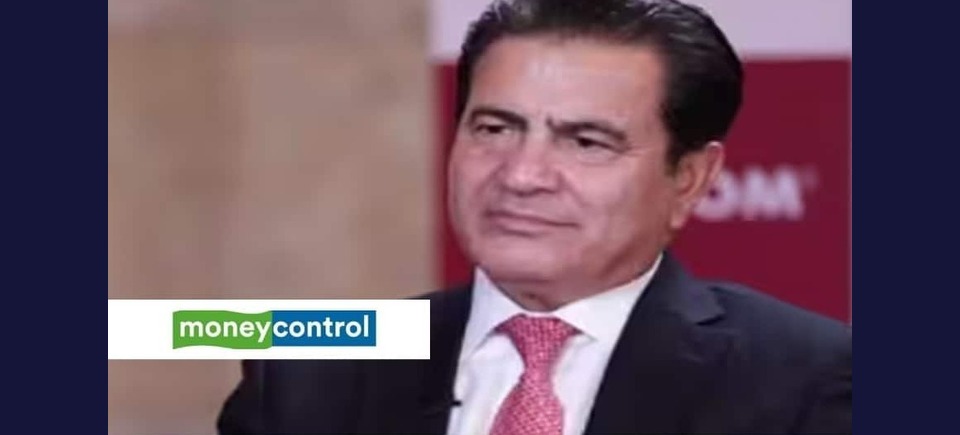Investors expect Prime Minister Narendra Modi to come back to power and they also have confidence in the reform and business-oriented government, US-India Strategic Partnership Forum (USISPF) president and chief executive officer Mukesh Aghi has said.
“Everybody also feels that this time, the elections are more predictable. And that predictable results sends investors coming to India more and more because they feel that the current government is very reform-oriented, is very business-oriented,” the head of the top US-based India-centric business and strategic group told Moneycontrol.
As many as 96 seats are being voting for in the fourth phase of the Lok Sabha elections on May 13. The final and the seventh round of voting will be held on June 1 and votes counted on June 4.
There never has been a dispute over power transition in India once results are declared. “So, you will see the momentum (in investments) picking up regardless of whoever comes in, but at this moment, everybody thinks that Prime Minister Modi will come back,” Aghi said.
Indian elections have become a point of interest not only in the US but also in the rest of the world due to the high voter turnout of 65-70 percent compared to the US’ 50 percent, Aghi said. The high volume of voters is also impressive.
“I think everybody looks at India’s election as a role model and so they feel that India is a good place to invest,” Aghi said.
From one election to the other, Aghi said regardless of whether President Joe Biden secures another term or his predecessor, Donald Trump, returns, the impact on the US-India relationship would be marginal.
“Regardless of who comes in, the relationship between the two countries will steadily be positive and move in the right direction,” he said.
Immigration Reforms
Speaking on immigration reforms, Aghi said the US Congress has to improve processes, so that the world’s largest economy can attract more quality talent. He added the US embassy and the state department are deploying more resources, so that the wait time for visa appointments can be reduced to 30 days from over 200 days.
His remarks come amid concerns over growing waiting time for visa and its adverse impact on talent acquisition. The US embassy issued a record one million visas by March-end in the last 12 months, signalling a positive development in visa processing.
“They’re trying to put in more resources that keep on improving… so these guys are really working hard,” Aghi said.
He also highlighted that the reforms are vital for the US in addressing the shortage of nearly a million software engineers and fulfilling the demand for talent in high-tech sectors.
To attract top-tier talent, Aghi underscored the significance of streamlining visa processes, particularly for Indian IT professionals reliant on H1B visas.
The H-1B visa is a non-immigrant visa issued to recruit overseas workers that allows US companies to hire professionals for jobs that require technical expertise.
IT chiefs on board
Aghi said the recent inclusion of senior executives of IT service companies on the USISPF board is aimed at synergy between American and Indian firms.
Infosys Chief Executive Officer Salil Parekh and his Cognizant counterpart, S Ravi Kumar, joined the USISPF board this year.
“The reason we brought in two large services companies is because both are large exporters of services and human talent to the rest of the world,” Aghi said. “You’ll see more board members coming in from that perspective


